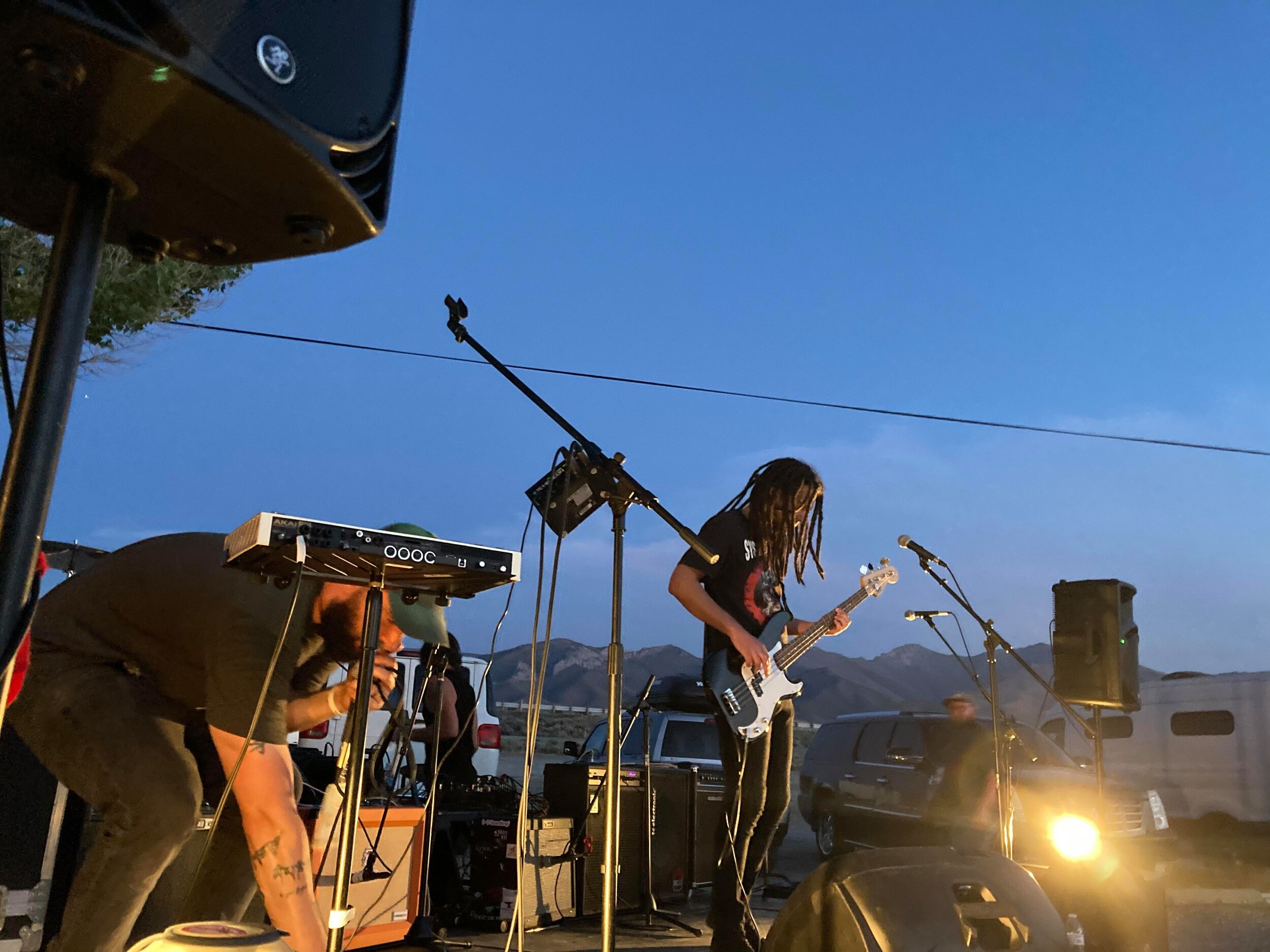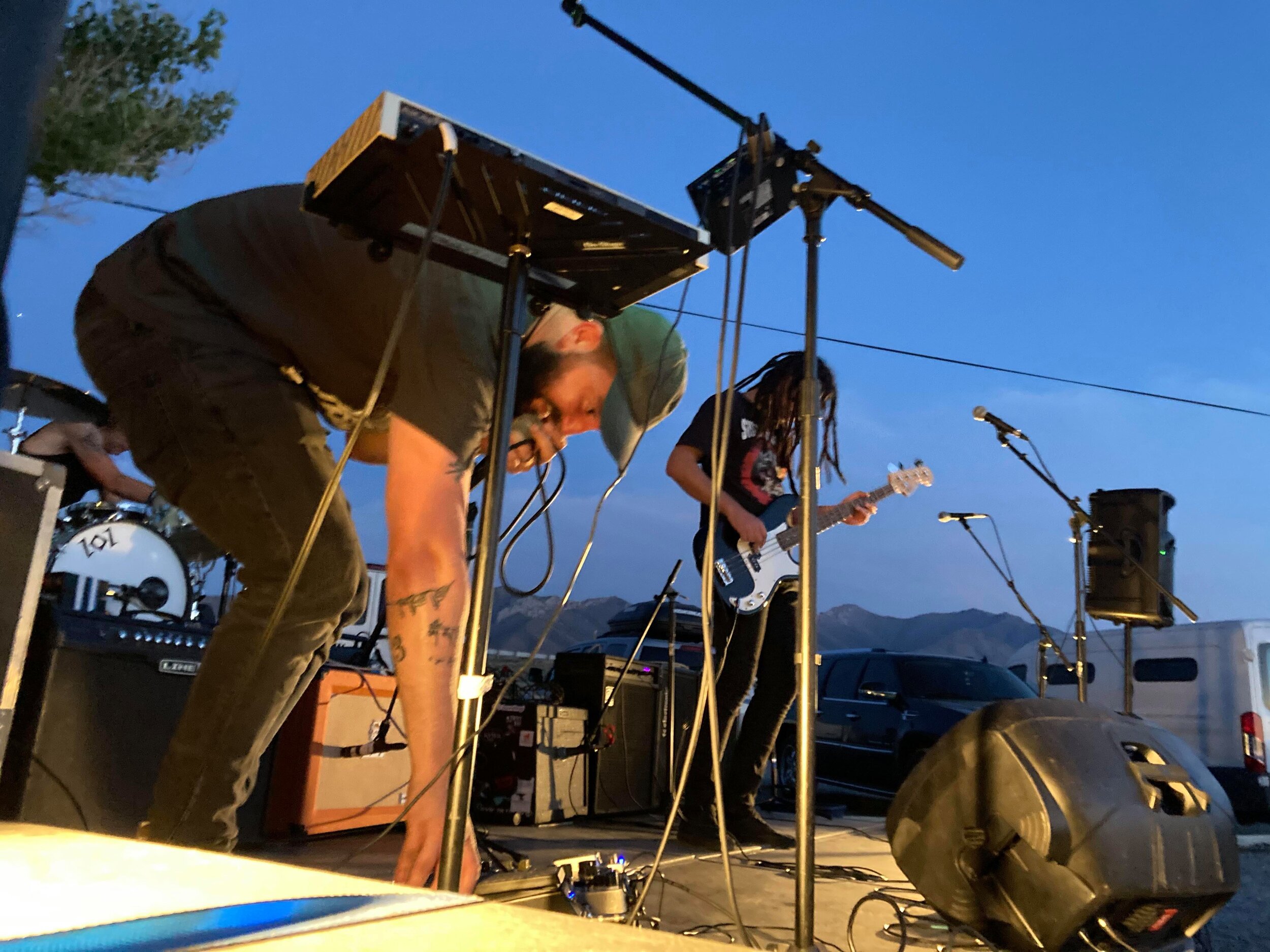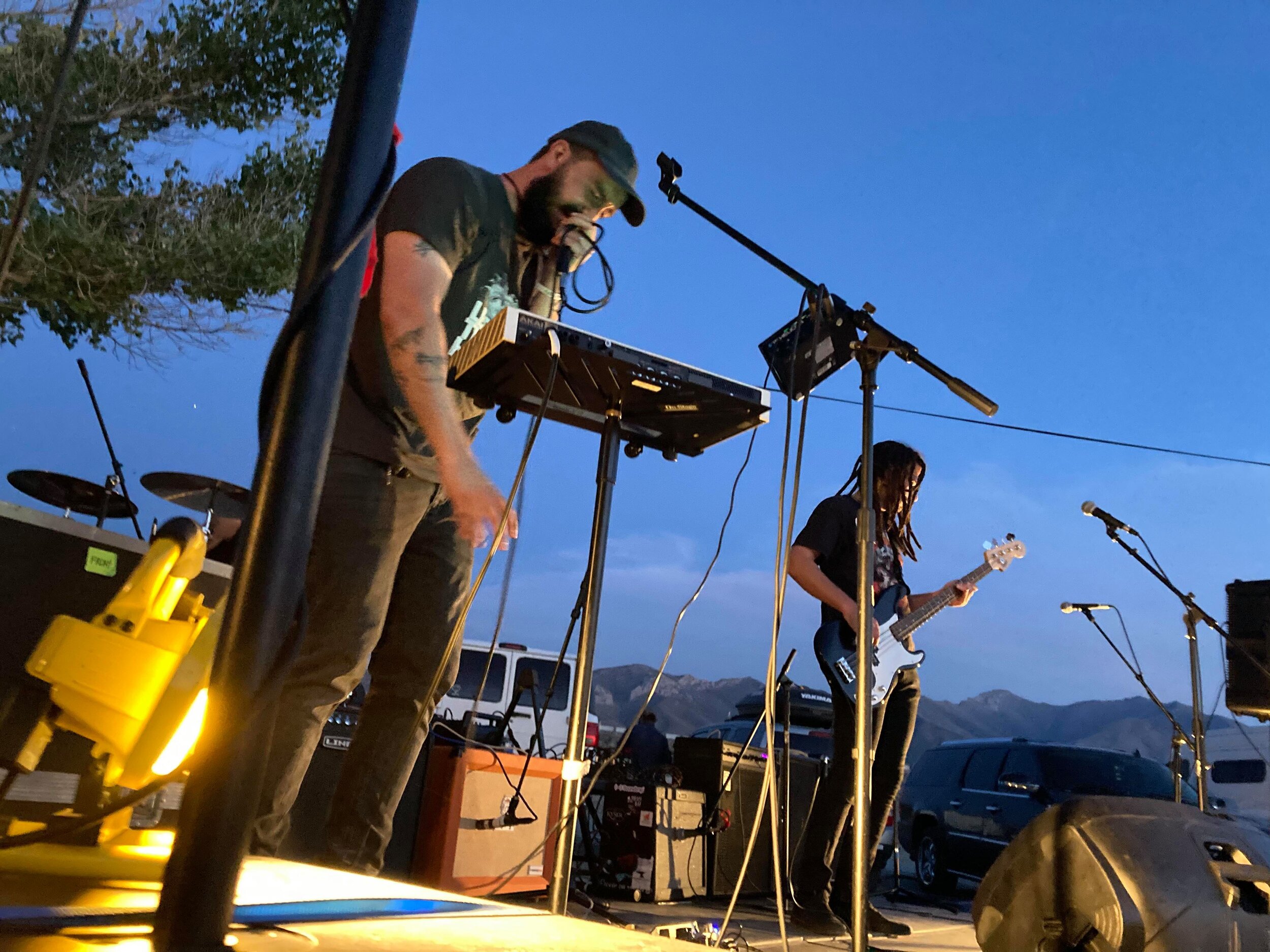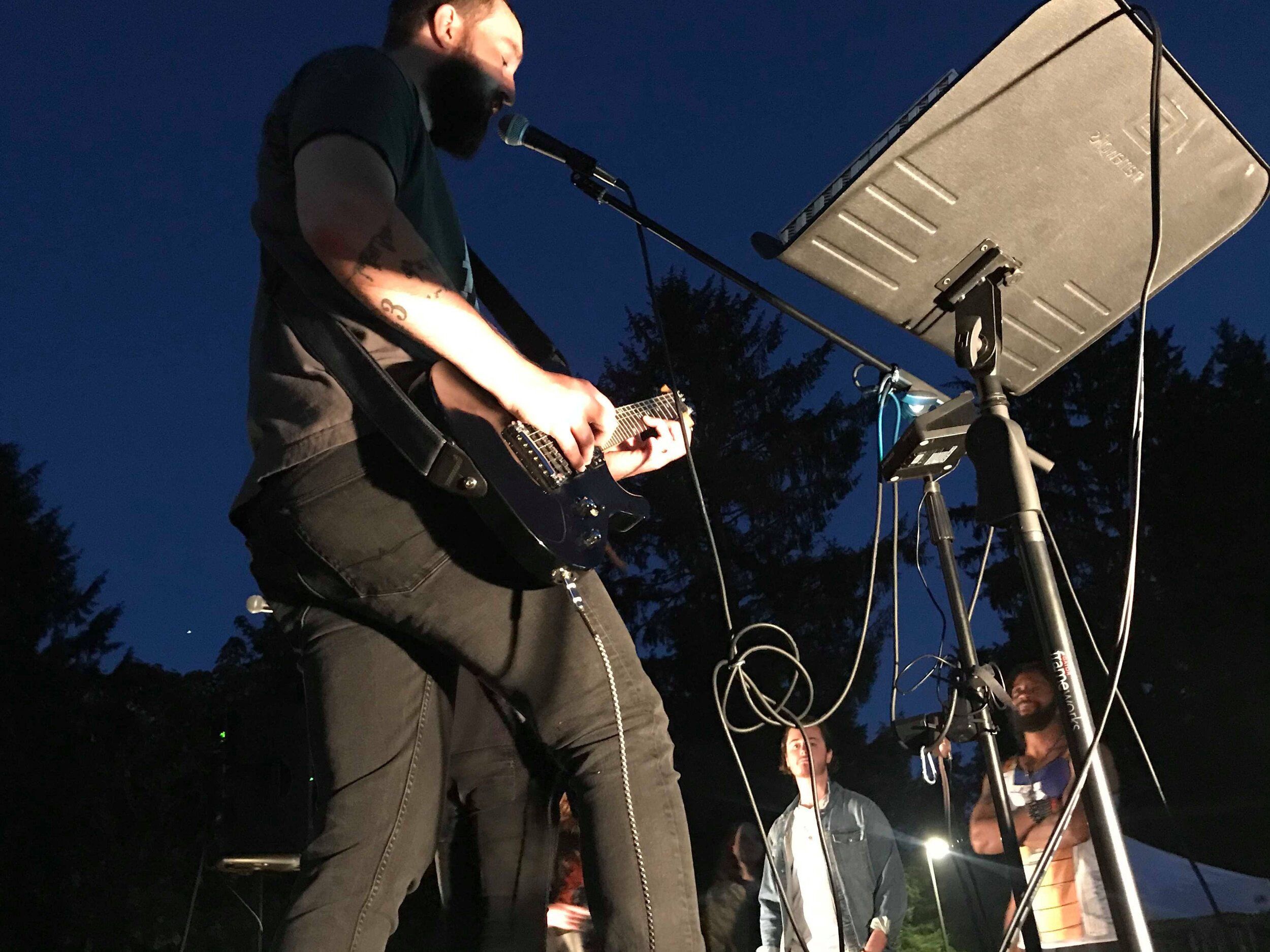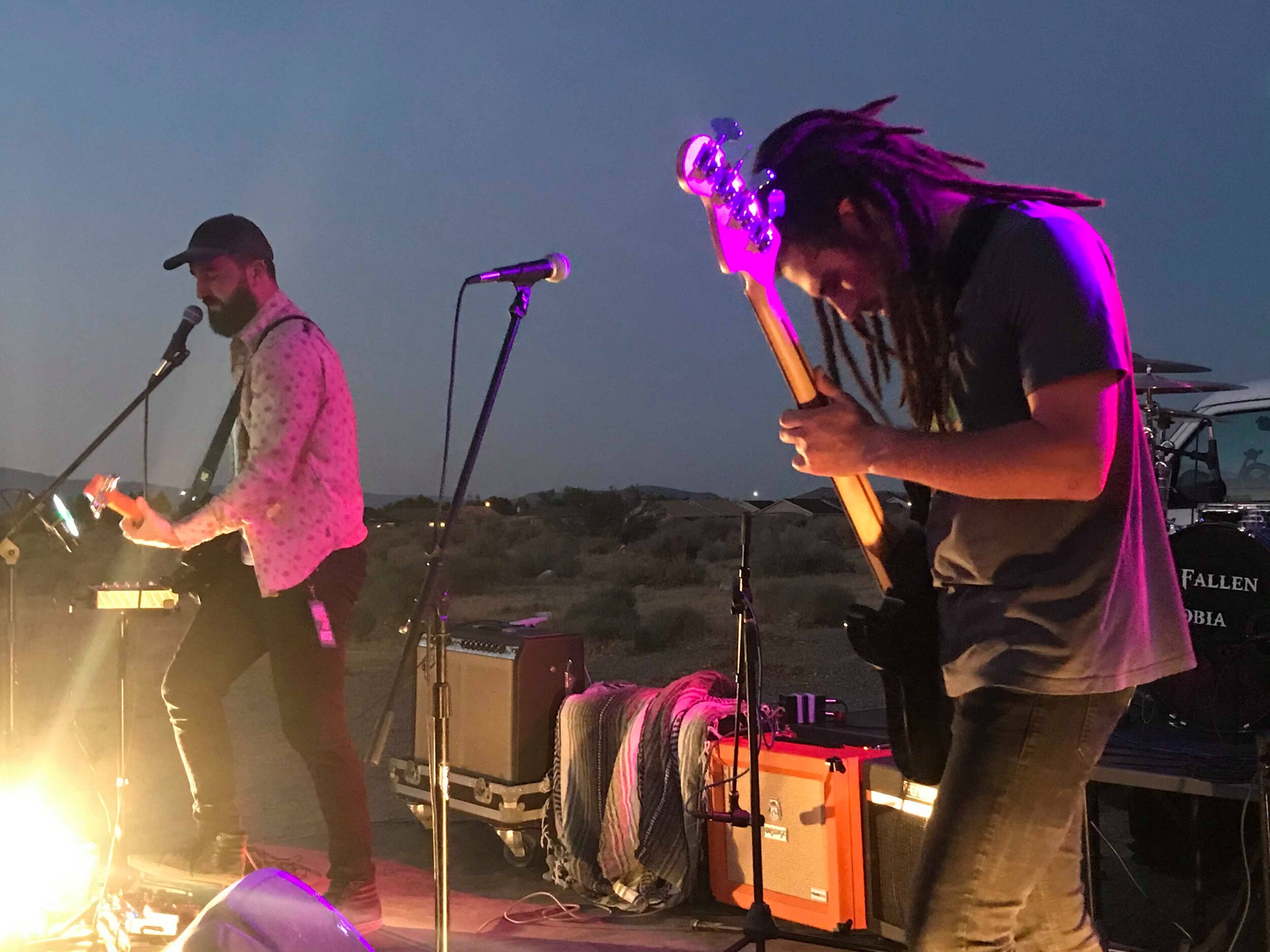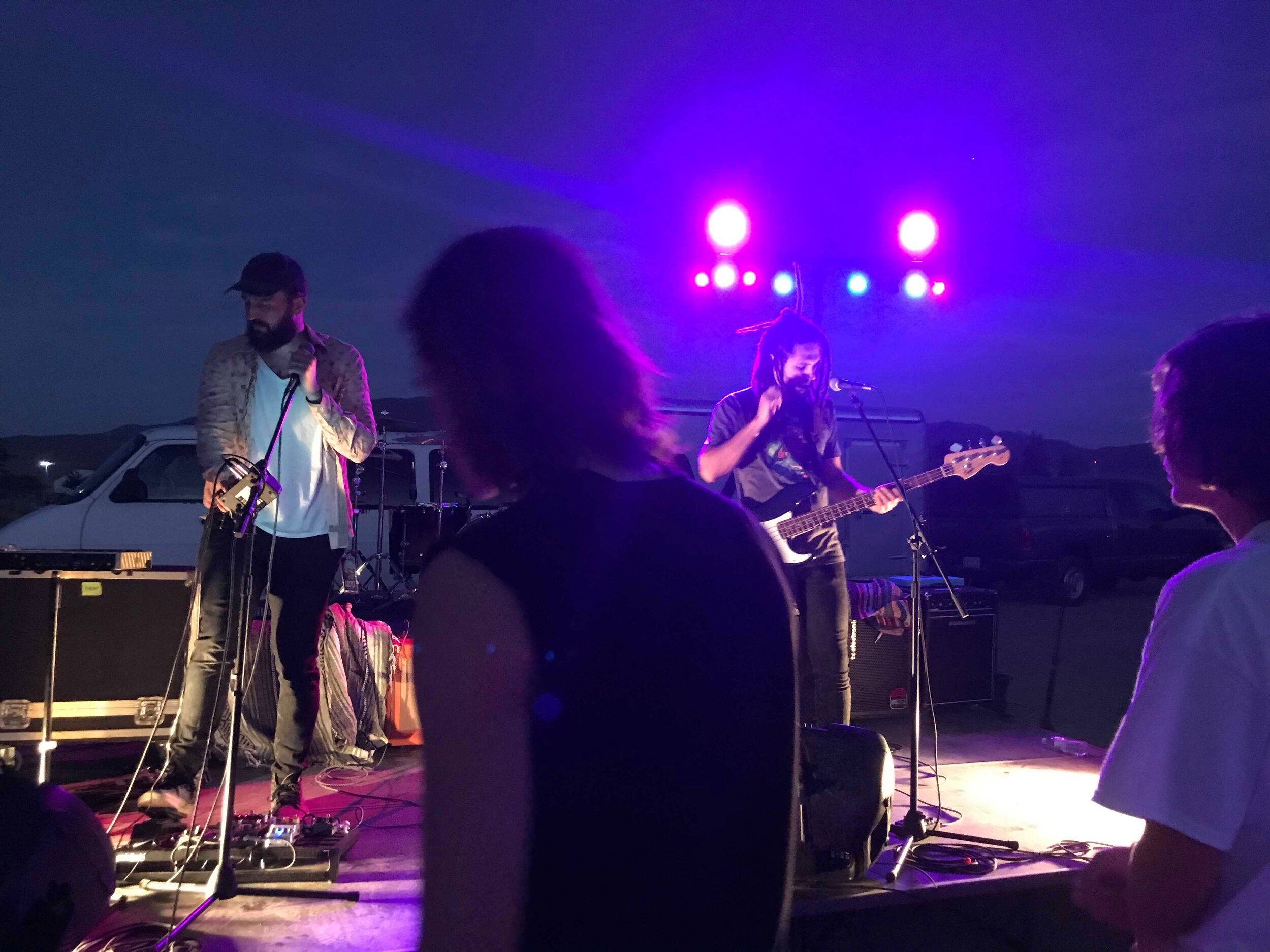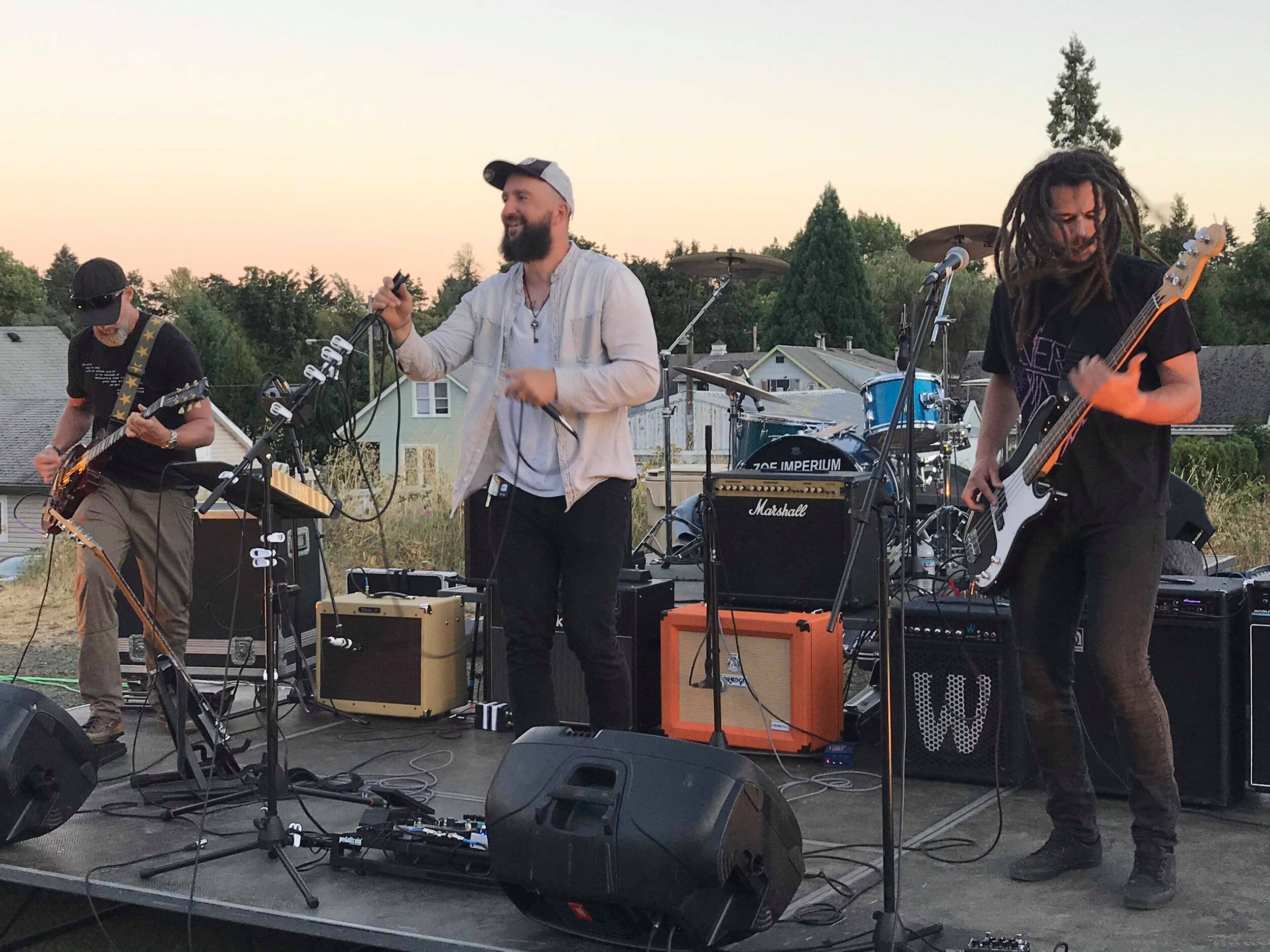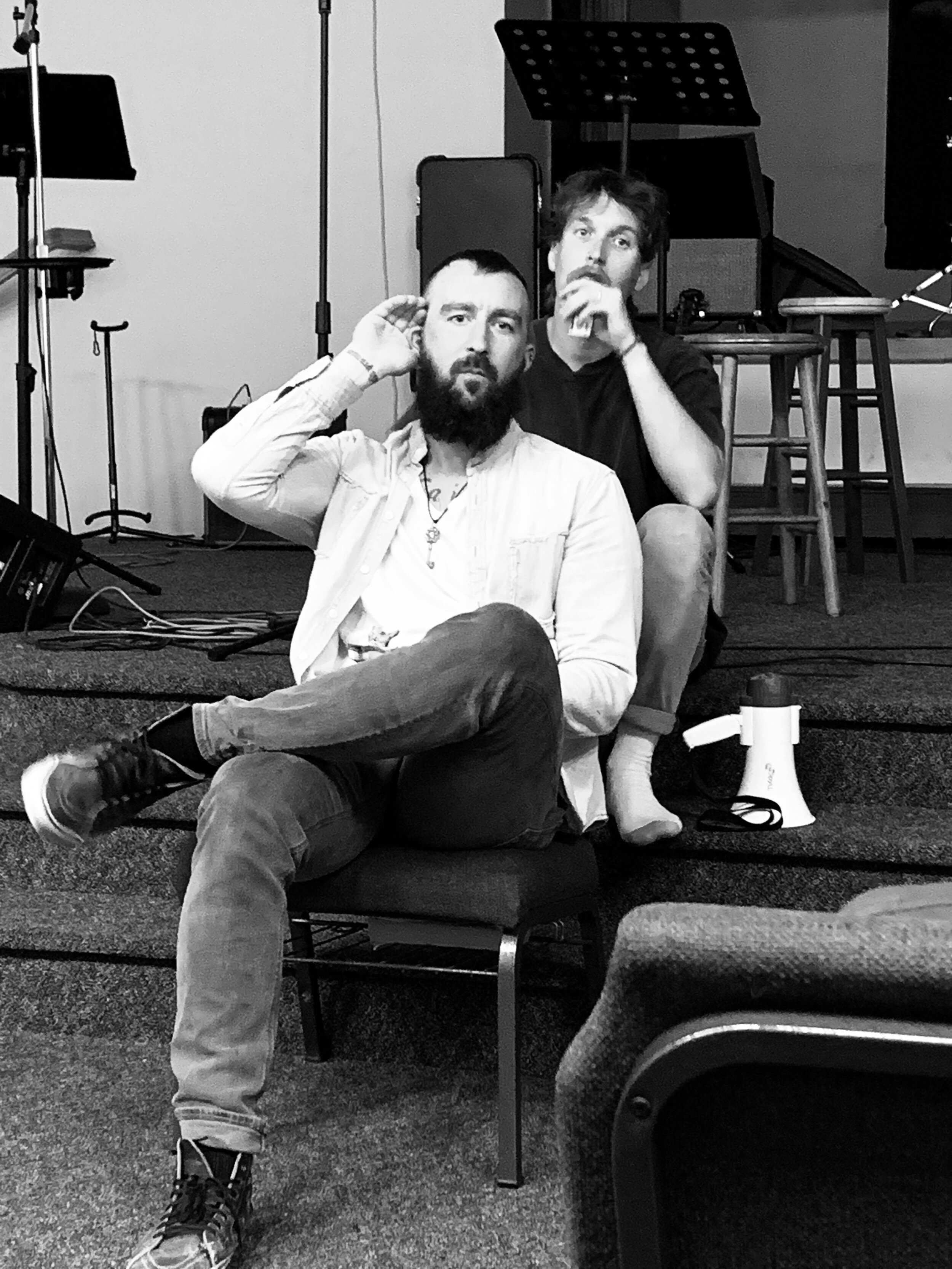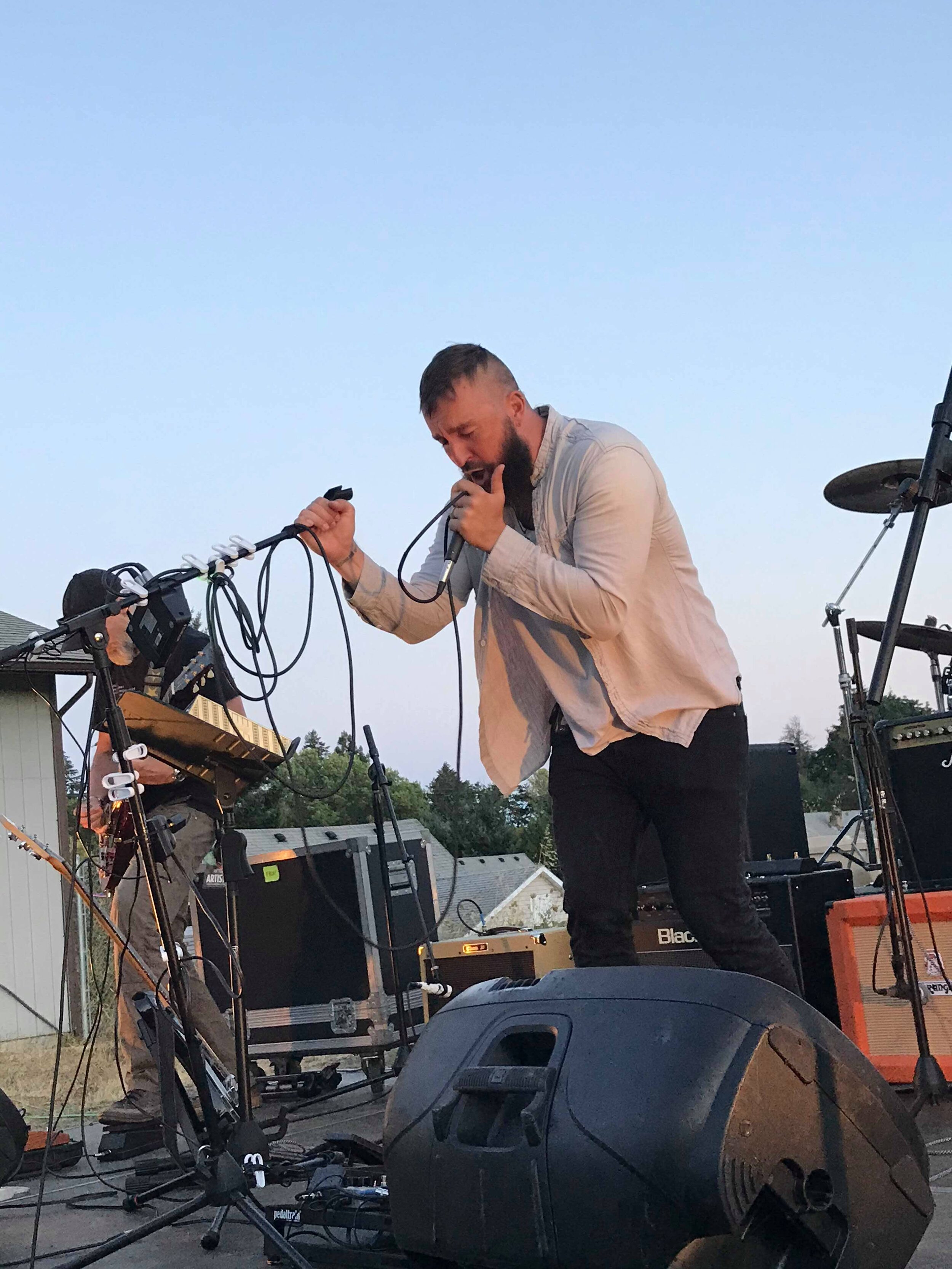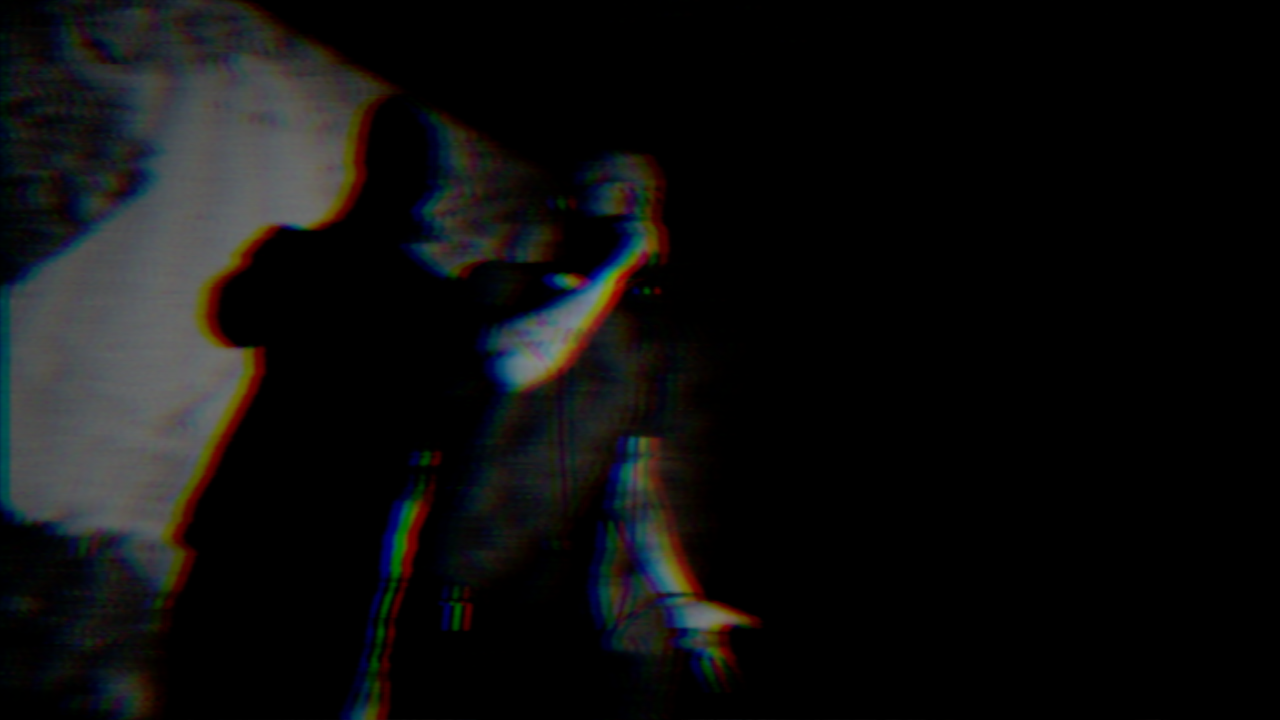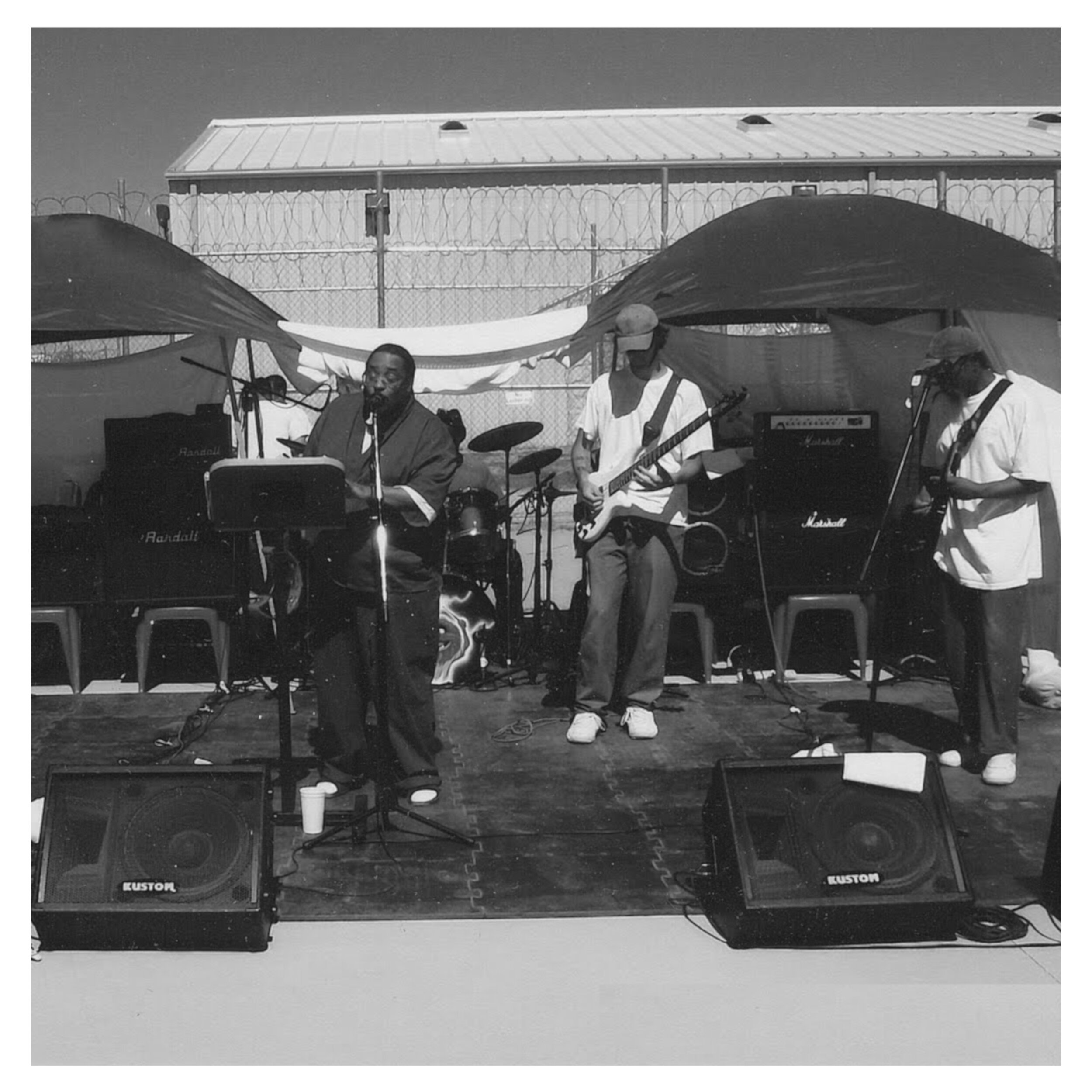DIamond day
diamond is a multi-instrumentalist who enjoys blending synthetic and organic sounds to produce atmospheric soundscapes. then he adds vocals. the results are elitefitrea.
When he is not writing the next album, he can be found practicing Debussy pieces or buying new synths.
background
DIamond was born in Speyer, Germany, moving to the United States with his family at age 12. Around the same time, he developed an untreated food allergy which resulted in a 20+ year bout with depression, culminating in a psychotic episode in 2008. He was sentenced to 10 years in prison for property crimes and criminal mischief committed during this time. In prison, he cured his depression using a combination of elimination dieting, exercise, and meditation.
Bryan was also trained as an Arabic linguist while enlisted in the Marine Corps. In 2003, he smoked pot to get out of the Iraq war, believing it to be based on false pretenses.
incarceration
While incarcerated, Bryan witnessed what he thought of as a “soft-genocide.” He witnessed “job-programs” which were slavery-in-practice. He read books like The New Jim Crow, and Prisons for Profit, and familiarized himself with the thoughts and feelings of inmates from all walks of life.
After his release, he became aware of the growing male positive movements and saw their potential for preventing crimes like his own. Since then, he has been trying to figure out how to bring self-actualizion to incarcerated men and is working on a website where prisoners can tell their stories.
personal life
Bryan is trilingual, and his spirituality is an amalgamation of Christian and Buddhist ideas. He is married and works on art full time.
Prison Bands
While incarcerated, Bryan played in two prison bands; singing and playing guitar in the BCCF rock band and playing bass for the R&B band. He was a member of each for around 2 years. The inmate musicians often joked that the bands were “100-year clubs,” “200-year clubs,” or even “thousand year clubs” due to the combined lengths of the sentences of the members. Usually the bands were crewed by prisoners with longer sentences due to limited available slots and long wait times. Bryan’s musical talents, however, greatly enhanced the enjoyment of the band program for the other inmate musicians, so they invited him to play pretty early on.
Bryan also met guitarist Chris Straubing in this program, who played bass for the rock band and helped facilitate the band program. Chris also recorded several albums of alternative rock using the limited prison equipment, which included a digital mixer/recorder.
Here are Spotify playlists of the songs the bands covered over the years:


